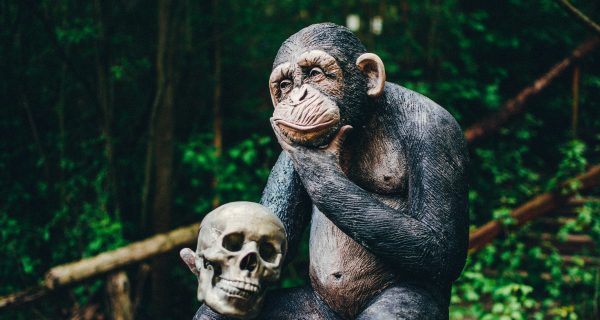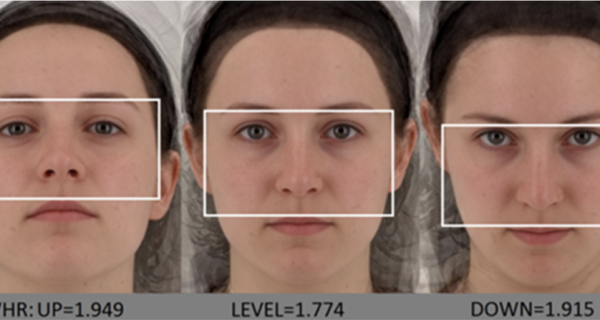People who show more empathy are better at understanding animal sounds, new study shows
Researchers show that our ability to judge animal emotions depends on our age, capacity for empathy, our familiarity with animals, and whether they have been domesticated or not.

Emotions are complex psychological and physiological states that are triggered by certain events or experiences. They are characterized by a range of feelings, thoughts, and behaviors. Common emotions include happiness, sadness, anger, fear, surprise, and disgust. They are often accompanied by physiological changes such as increased heart rate, changes in breathing, and sweating. Emotions play an important role in how we interact with others, how we make decisions, and how we perceive the world around us. They are complex and can be influenced by many factors such as past experiences, culture, and socialization.
In the study, researchers recorded the sound of animals in situations of various arousal and associated it with positive or negative valence (e.g. expectation of food/food frustration). In total, 1,024 people from 48 different countries were played the sounds of goats, cattle, Asian wild horses (Przewalski’s horses), domesticated horses, pigs, and wild boars, and asked to complete a survey.
Participants were presented with multiple questions, each containing two animal sounds from one particular animal, with either different arousal (but the same valence), or different valence (but the same arousal). They then had to guess if the sound was high or low arousal/positive or negative emotional charge (i.e. valence). For arousal, the correct answers amounted to 54.1% and for valence, that figure was 55.3%. The results show that we humans are better at “guessing” than if we were to randomly throw dice and get random answers.
“Our results show that based on the sounds recorded, we, humans, can determine whether or not an animal is stressed (or excited), and whether it is expressing positive or negative emotions,” says behavioral biologist Elodie Briefer of the biology department at the University of Copenhagen.
“This applies across a number of different mammals. We can also see that our ability to interpret the sounds depends on several factors, such as age, close knowledge of animals, and, not least, how empathetic we are towards other people.”
As the authors conclude, some of the demographic characteristics that could affect our ability to interpret the animals’ sounds include:
- Work with animals: Test subjects that interact with animals in their work were better at interpreting animals’ sounds.
- Age: People under 20 perform worse, 20-29-year-olds are best in the test, and the ability to decode animal sounds decreases steadily with age.
- Empathy: Positive results in an empathy test towards humans also yielded significantly better results with the animal sounds.
- Domestication: Domesticated pigs and horses were easier to decode for subjects than their wild relatives.

















































